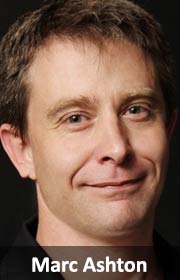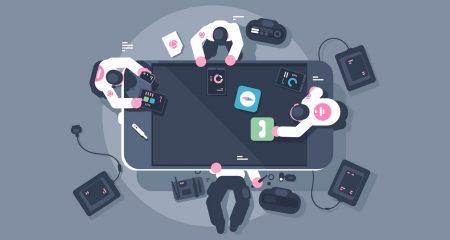 There are few things which upset me more than the state of the South African education system.
There are few things which upset me more than the state of the South African education system.
It is a system which consigns millions of people to mass incarceration every year and, much like prison, spits out detainees who are more useless than before they went in.
Simplistically, we try and cram as many kids as possible into a standardised education system, tell them that they need to serve one third of their time to get parole (a 30% pass mark) and then, like some morbid real-world edition of The Hunger Games, we ask the lowest common denominator to go and compete against the privileged to get jobs in a market where one out of two won’t find employment.
By the way, the industrial age jobs like drilling into rocks or digging up and then reinstalling traffic circles in Linden are probably not going to exist in 20 years’ time. At least on planet earth.
Yes there has been some innovation from the likes of Launchpad and Spark Schools and hopefully this addresses some of the foundation and primary school-level education issues, but the real challenge is for those who fall out of the education funnel and then become a drain on society.
What happens when you are 23 years old and sitting in Orange Farm because you lost your parents to HIV years ago and are now responsible for three school-going kids? Imagine being a 16- year-old Sandton kid who has had their brain, creativity and personality dulled by daily doses of Ritalin because it will help you “concentrate” and “behave”.
What creates the issue?
Firstly, I am a big believer in the Free Market Foundation view that education should not be compulsory. By pushing more and more people into the funnel and telling everybody that it is “okay to understand only one third of your work”, you are breaking the system for those who do actually want to be there.
The long and the short of it is that education is no longer an enabler. It is a commodity to be sold to the highest bidder on the basis of supply and demand. Hell, people are prepared to pay 145 times earnings to get in on the bubble at Curro or 25 times historic earnings at Advtech. Basically we’re saying that Advtech — a business which was listed in 1987 — will see its earnings grow twice as fast as the average company on the JSE. It’s a bubble.
If you read the statistics, the size of US student debt is many times bigger than the US housing crisis, which blew up the global economy in 2008. But, hey, we’re getting smarter … that judges, politicians and the average American will spend the rest of their natural life paying off debt is just a sideshow. Thank goodness they have that Donald Trump guy to talk some sense into them right?
Yes, that was sarcasm.

I was in a state of despair until I came across a very interesting not-for-profit project last week called WeThinkCode, which is using the power of technology to teach South Africans how to code.
In a nutshell, you can learn to code from the basic principles right up to higher level coding through gaming principles. Irrespective of whether you have a coding background or even tried to code, you have the opportunity to learn at a generalist level before starting to specialise in things like database or language-specific programming.
The initiative is kicking off with an interesting challenge to the South African technology community where tech and business leaders are going to try their hand at coding and will compete against each other on 29 September.
I am participating, even though my coding skills are incredibly light. I support it because I think that it completely democratises education and lets anybody try their hand at a technology skill.
We have this argument that we want to become a “knowledge-based” economy but we are not prepared to share knowledge and technology know-how. Here is an initiative which does exactly that and the kids that are involved receive actual practical training. You get a coder with some experience and on top of that you enjoy a tax benefit for training a young South African as an employer. It becomes a win-win.
Let’s learn from this model and get education back to being an enabler rather than a commodity.
- Marc Ashon is MD of Moneyweb. This article was first published on Moneyweb and is republished here with permission




